An enterprise is also a social entity, a mini-society, if you will. It has its own culture, politics, strata of status, winners and losers, factions and support groups. It has the upwardly mobile and those nearing retirement. It has immigrants finding their feet. Like a city, province/state or country, it has neighbours and others that it interacts with from afar. It has a government in the board and executive, and local government in the lines of business and departments. It has a geography (physical or logical).
This is pretty fundamental when we consider change, as we do in Business Architecture. We need to think of the greater good of the various constituencies. We have to think about our trading partners (customers, suppliers, channels).
Like other social entities, we can make plans and devise strategies, but their success will depend upon convincing independent minds to follow the plan and adhere to the rules. This requires that the plan be to the advantage of most participants, defensible in terms of logic and evidence, and achievable in terms of resources available.
We will also have to present our plans in ways that are familiar (in terms of vocabulary, format, medium, world view) to the “government” of the day, i.e. those who take the decisions to proceed, provide the resources and funding and take accountability for delivery.
From an architect’s perspective, this means we need to gather reliable data, do sound analysis, recommend good strategies, leverage all the soft skills of interaction, persuasion, reaching consensus and present our deliverables in accessible and convincing ways to the relevant stakeholders.
A lot of my recent research has been focused on the design of relevant meta models to integrate all the various dimensions in an holistic way; to build useful models that allow us to rapidly gather, analyse, design and share pertinent insights; and the design of compelling visual language(s) to convey these efficiently and effectively. Additionally, we need to support these activities in competent tools that allow rapid progress and collaboration while improving rigour and reuse.
Change is scary for people. We need to identify and ameliorate risks. We need to provide effective programme and project management, change management, mentoring and coaching. We may not be experts in all these dimensions, but we can certainly work on enhancing our soft skills and engaging those whose focus/profession it is.

